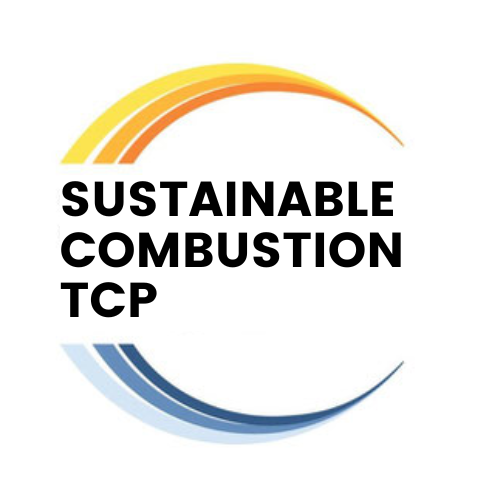Welcome
The Sustainable Combustion Technology Collaboration Programme (TCP) brings together global expertise to advance combustion science and engineering. Our mission is to speed the development of cleaner, more efficient, and future-ready combustion systems that meet real-world energy needs.
About Us
Through international collaboration and technical excellence, we push the boundaries of combustion research. Our work supports policymakers, industry, and engineers with the knowledge and tools needed to deliver reliable, efficient, cost-effective, and sustainable energy solutions.
Learn more

Collaborative Research
Our work is organized into collaborative tasks that address the most critical aspects of combustion science and technology. From advanced diagnostics and computational modeling to gas turbines, engines, alternative fuels, and emissions control, each task unites experts from across the globe to deliver practical and impactful solutions.

